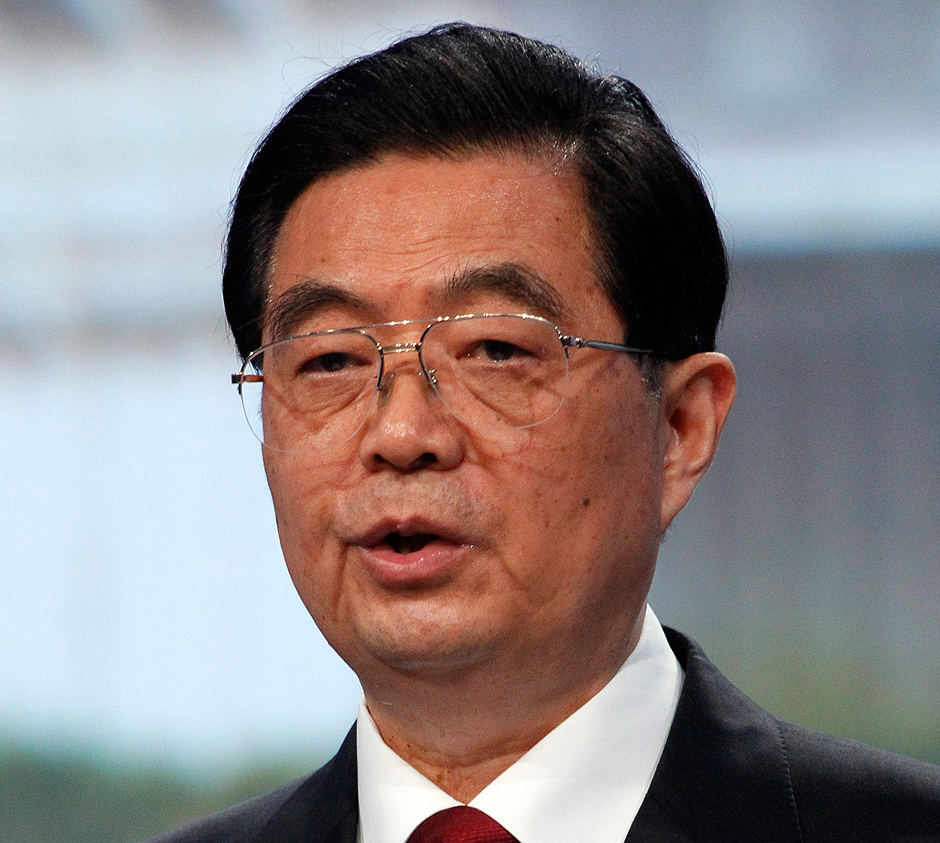Editor’s Note: This story was updated on Sept. 10 to include a statement clarifying the founding and ownership from Nuctech.

Canada’s minister of foreign affairs has promised to review Ottawa’s purchasing of security equipment as details emerge of five contracts awarded to a controversial high-tech company that is connected to the highest levels of the Chinese Communist Party.
This week Ottawa posted details of the latest winning bid for Beijing-based Nuctech, in a deal to install X-ray scanning equipment and software to provide security for 170 Canadian embassies, consulates and high commissions worldwide.
Nuctech was reportedly founded in 1997 by the son of former Chinese president Hu Jintao, and the security company has rapidly accumulated contracts worldwide for sensitive airport and border security infrastructure, while attracting criticism for alleged unfair business practices and allegations of corruption in Africa.
According to the National Post, which first reported Thursday on Nuctech’s new deal with Global Affairs Canada, the July 2020 contract has an estimated value of $6.8 million. Documents do not confirm that figure, but confirm a “contract award date” of July 15.
Global News has found that already, since 2017, Nuctech has been awarded four border security and customs warehouse contracts valued at $6.5 million, to provide scanners and lab equipment to Canada Border Services Agency (CBSA), according to procurement documents.
- What is a halal mortgage? How interest-free home financing works in Canada
- Ontario doctors offer solutions to help address shortage of family physicians
- Capital gains changes are ‘really fair,’ Freeland says, as doctors cry foul
- Budget 2024 failed to spark ‘political reboot’ for Liberals, polling suggests
This is despite mounting concerns among some national security experts about Nuctech’s growing access to sensitive facilities worldwide.
Responding to questions from Global News, a statement from Minister of Foreign Affairs Francois-Phillipe Champagne promised to review Nuctech’s “standing offer” and look at “any possible issue relative to security or safety … all appropriate actions (will be) taken to ensure the safety of our missions around the world.”
“We are currently looking into the offer with Nuctech Company to provide some security screening equipment in our missions abroad,” Champagne’s statement said. “Global Affairs has not purchased any equipment from Nuctech at this time.”
“In addition, I have today directed GAC officials to review our purchasing practices when it comes to security equipment and to continue reviewing the security of our missions around the world.”

After this story was first published the CBSA stated it is “currently reviewing this matter and will work with Public Services and Procurement Canada and Global Affairs Canada in this review.”
“The safety and security of Canada is a top priority for the CBSA,” the statement said. “For large contracts, PSPC is the contracting authority.”
PSPC declined to answer questions for this story.
Nuctech also did not immediately respond to questions emailed from Global News for this story.
The New York Times has repeatedly reported on an alleged corruption case in Namibia involving Nuctech. According to Namibian prosecutors, in May 2008, three suspects allegedly received $12.8 million in kickbacks to help Nuctech secure a $55-million X-ray scanner contract, the Times reported. Nuctech’s founder Hu Haifeng, the son of President Hu Jintao, was not accused in the case but was sought as a witness, according to the Times.
The three suspects pleaded not guilty on preliminary corruption and money laundering charges. Hu Haifeng eventually became the CCP secretary in charge of a state-owned company that holds about 30 companies including Nuctech, the Times reported. Hu Jintao retired in 2012 and was succeeded as China’s paramount leader by Xi Jinping.
However, Nuctech disputes that Hu Haifeng founded the company. In a statement to Global News after this story was published, the company said it “was founded by three professors from Tsinghua University.”
Nuctech says that its parent company is Tsinghua Tongfang, and Nuctech is 16 per cent owned “through China National Nuclear Corporation” which is a state-owned entity.
Meanwhile, in Europe, some analysts are complaining that Nuctech is making rapid inroads providing services to border security facilities due to China’s state-backing, unfair practices, and potentially Beijing’s influence over some European politicians.
“Nuctech provides the services, systems and software to support its equipment, which can be connected to databases containing the personal data of millions of Europeans managed by airports,” Politico reported in February.
The story quoted Axel Voss, a German federal politician, who said: “it’s extremely worrisome if a foreign state-funded company gets more and more control over our strategic infrastructure.”
Carleton University professor Stephanie Carvin, a former Canadian Security Intelligence Service official, said the Nuctech contract for Canadian embassies presents security concerns, but she believes China’s “geo-economic” strategy is the bigger concern.
“This is not Huawei. I’m not as concerned as I would be with telecommunications,” Carvin said. “The issue is the fact companies like Nuctech are inherently anti-competitive, they may in some cases be beneficiaries of stolen technologies, and they want to fundamentally take over and undermine western technologies.”
However, another Canadian security expert, who asked not to be identified due to risks related to China, said Nuctech presents a serious high-tech danger.
“All electronic equipment is an end-point and potential access point into your network and data,” the expert said. “For Global Affairs to proceed when China has been implicated in a systematic campaign of cyber-espionage against Canada, while former diplomats are being held hostage and tortured in Chinese prisons, is unintelligible.”





Comments